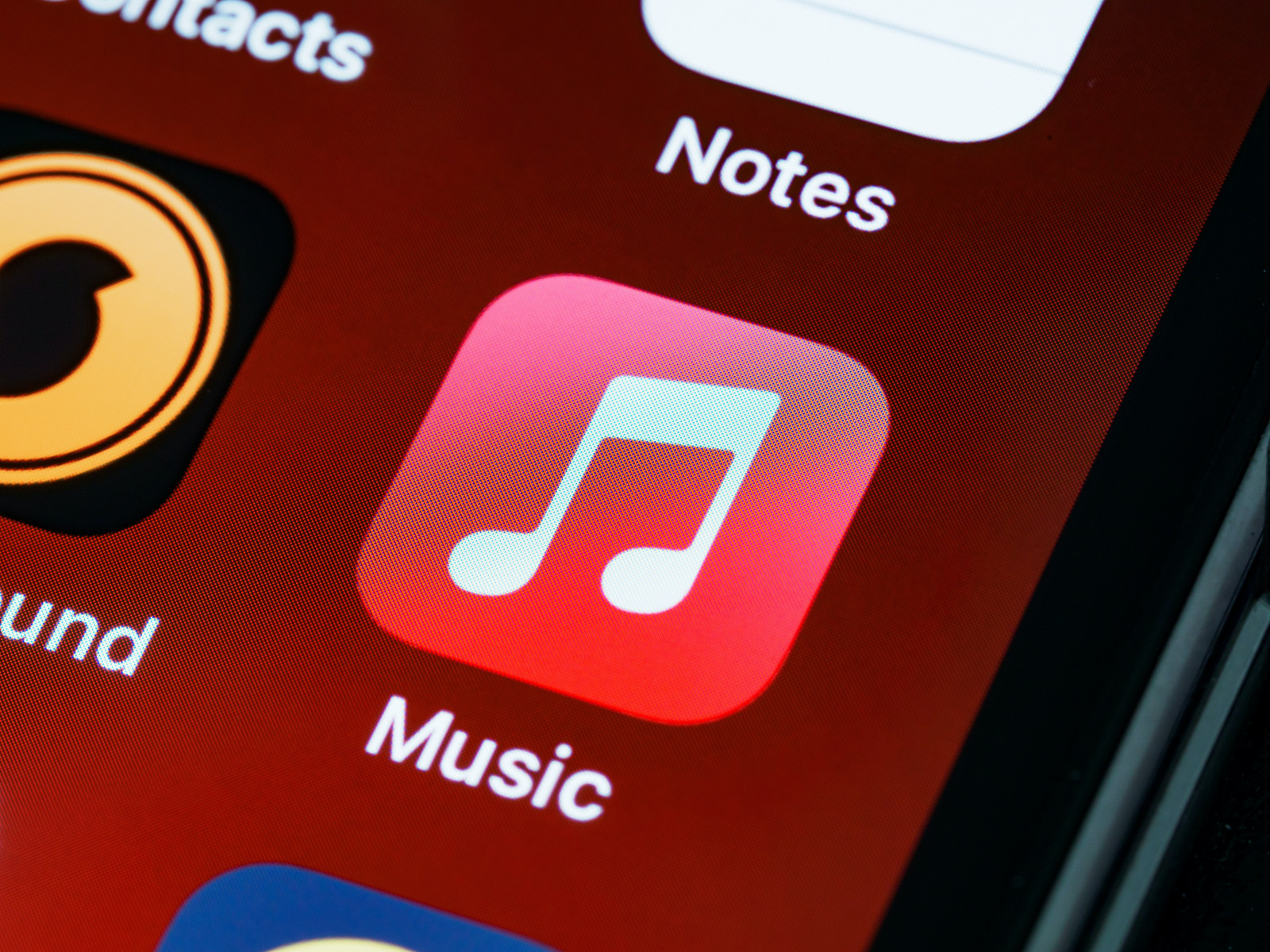As Apple hits 100 million songs, the future of music discovery gets complicated

Photo: Brett Jordan

Apple Music celebrated the milestone of hitting 100 million songs this week — “more music than you can listen to in a lifetime, or several lifetimes”, global head of editorial, Rachel Newman, wrote in the announcement. Yet what is a celebration for Apple may ring alarm bells for many artists, who are finding it increasingly hard to break through in a market that just got even more oversaturated and hyper-fragmented.
While Apple did not explicitly comment on these challenges, the blog post does emphasise that it is more crucial than ever for the company to help connect artists and audiences, and that human curation will thus become more important. Yet, with more music than one can listen to — let alone curate — in a lifetime, this vast volume arguably makes algorithms more important than humans. The milestone raises lots of questions about something that seems to be on everyone’s mind lately: the future of music discovery. In fact, perhaps we have even moved past music discovery (which is by implication more of a pull method) and now we are firmly in the era of music programming (a push method).
The case for a return to human curation
Despite the need for technology to help sift through the vast amount of music on streaming platforms, there is a case that human curation will become more important, not less. There are three current trends that, combined, may shift discovery in this direction:
A deeply oversaturated and hyper-fragmented music landscape
An ongoing collapse in trust of mainstream media (at least in the West), driven by the past few years’ socio-political environment
Featured Report
Streaming strongholds High-potential markets for global music players
While the balance of music streamers continues to tip towards global south markets, their smaller ARPU rates limit their revenues. Meanwhile, periodic price-rises and the advent of supremium will reinforce the contributions from the West. This report highlights streaming strongholds, those markets which, underscored by high music engagement and his...
Find out more…“Algorithmic anxiety”, the feeling that one’s sense of self is being controlled by algorithms
Consumers have too much content to comb through, and there is so much choice that there is effectively no choice at all. It is what we termed in 2013 as ‘The Tyranny of Choice’. So consumers need recommendations to cut through the ever-growing clutter, but they do not always trust the mainstream media, and they are growing sick (or even scared) of the algorithm. This combination of factors may swing the discovery pendulum back towards human curation. But, given these “trust issues” that many consumers have developed, they will look more to friends and tastemakers for recommendations — people they know, or feel like they know — than editorial curators (who are faceless and nameless) and influencers (who are paid to promote). Tastemakers, meaning people who either have a trusted platform for music recommendations (the Anthony Fantanos of the world, many of whom are now on TikTok), or are public figures regarded for their “good taste”, as Emma Chamberlain is to gen Z.
It follows that artists and labels will want to get on the radar of these tastemakers, and that — hopefully! — only the best music will be promoted, unlike in the case of playlisting (which is dominated by relationships) or influencer marketing (which is a business). Yet the biggest implication is for streaming services. In this scenario, consumers will gravitate towards DSPs with social features that allow them to share songs with friends and see what others are listening to (because isn't that human curation?), as well as those which focus on having the best curated catalogue, even if it means dropping out of the race to have the biggest catalogue. The majority of consumers who do not have streaming subscriptions say it is partly because they do not listen to enough music to justify it — so 100 million songs may not woo them over, but a more engaging experience or more curated collection just might.
As usual, the key is balance
Even if the pendulum swings towards humans, algorithms will never disappear — and they should not. There will always be a tension where, the more music there is, the more we need the help of algorithms. We simply do not have the capacity to sift through this much music otherwise, and helpful tools, like Spotify’s Discover Weekly playlist, simply could not exist without it. Further, the majority of consumers are passive music listeners, and while new social features may please active music fans, go too far in that direction and you risk alienating the masses.
In the future, algorithms will likely go hand-in-hand with human curation, each helping fine-tune the other. We need to have both a healthy music and fandom ecosystem.
While human curation at the hands of friends and tastemakers may take power away from DSP editorial teams and influencers, it may serve the music industry’s best interest. In an era characterised by passive listening, we need to enable deeper relationships with music, and social connection and identity are key to that equation.
Look out for MIDiA’s report on the future of music streaming, out this month.

The discussion around this post has not yet got started, be the first to add an opinion.